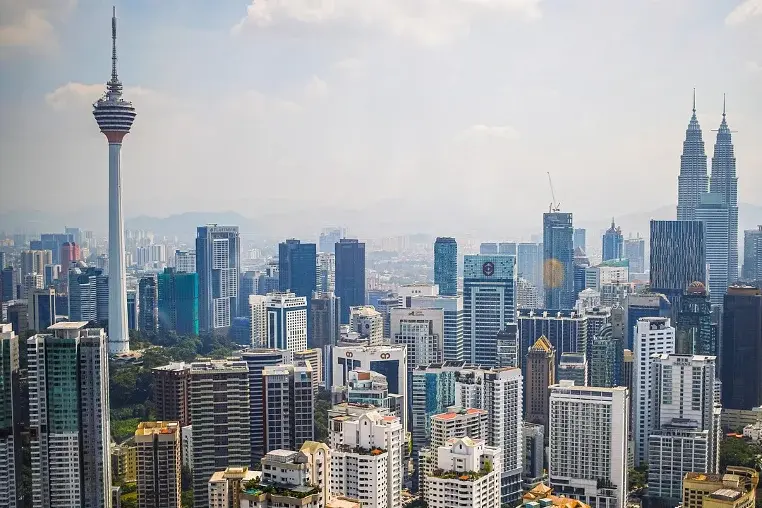Decarbonizing economies is critical to reach net zero emissions by 2050. To achieve this, and in compliance with the Paris Agreement, countries are required to break away from carbon lock-in. However, emerging economies face difficulties in this respect, mainly due to the persistent presence of fuel-based infrastructure and institutional resistance.
Malaysia, as the second-largest oil producer in Southeast Asia, with a fossil fuel energy sector that takes up nearly 80% of total greenhouse gas (GHG) emissions, is a prime case study to analyse what emerging economies need to be able to break away from carbon dependency.
With international authors from the Effective and Innovative Policymaking in Contested Contexts (EIPCC) Graduate Institute at the Willy Brandt School of Public Policy (Prof. Dr. Andreas Goldthau, Laima Eicke, Silvia Weko); the Center of Technology, Strategy and Sustainability (CTSS); Asia School of Business (ASB) (Deborah Yik Kuen Chow; Renato Lima-de-Oliveira & Zhai Gen Tan); and the Research Institute for Sustainability (RIFS) (Esther Schuch, Maria Apergi & Jude H. Kurniawa), this truly multinational effort identifies the main factors influencing Malaysia’s energy transition, and explores their interactions, later using Cross Impact Balances (CIB) to create scenarios.
The article concludes that the need to reduce structural barriers, dispersing the centralized political power towards more diverse actors; as well as the necessity to introduce green growth recovery packages are key steps towards breaking away from the carbon lock-in. Despite its focus on Malaysia, the study seeks to contribute to the general understanding of how emerging economies heavily dependent on fossil fuels can overcome carbon lock-ins.
To read the whole article, click here.

